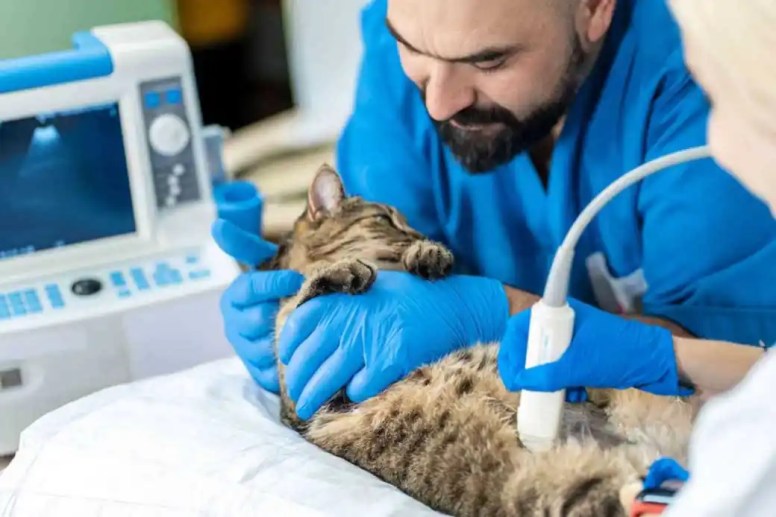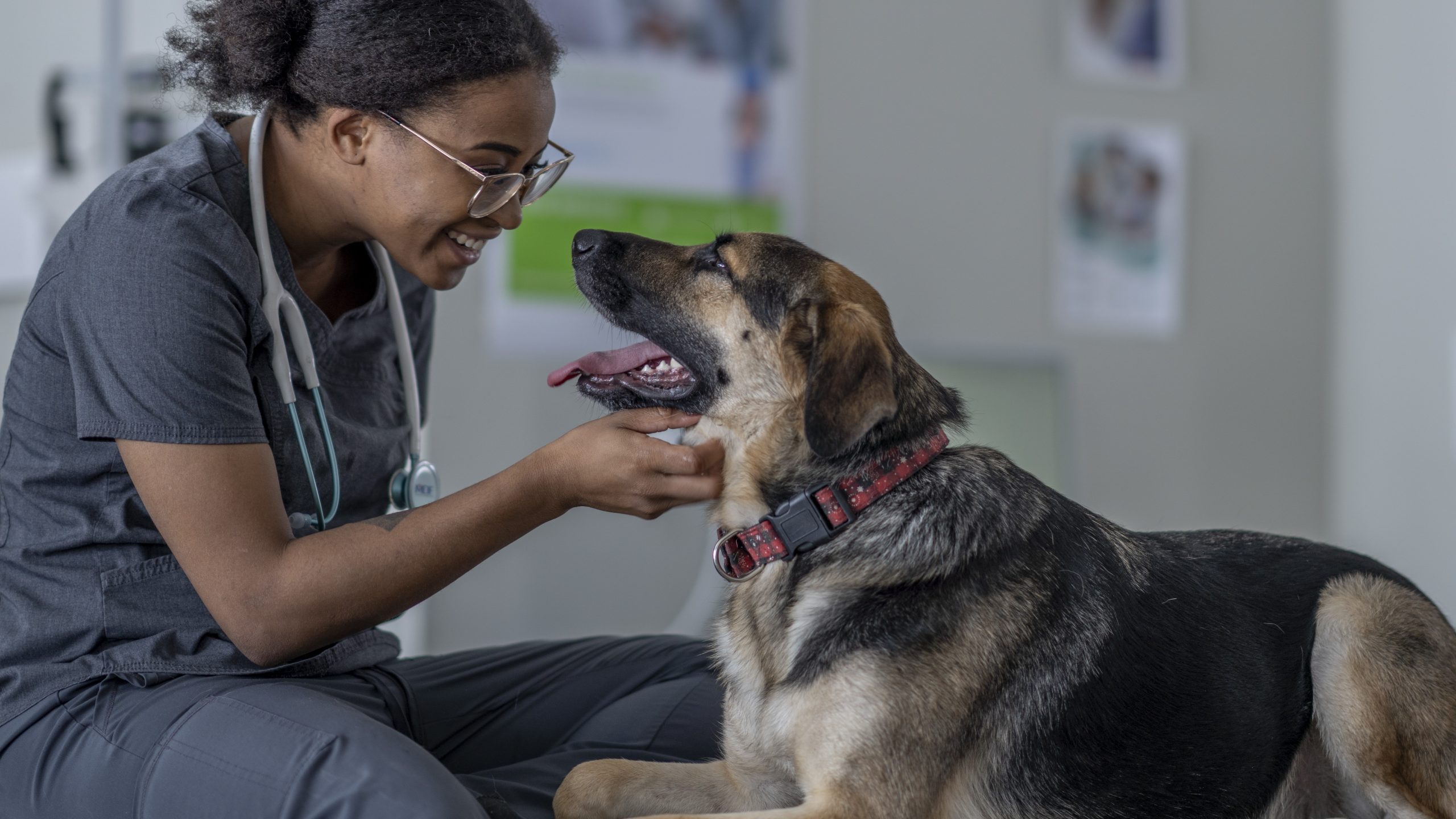The Role of Pet Vaccinations in Fighting Serious Health Issues for Your Pets
The Role of Pet Vaccinations in Fighting Serious Health Issues for Your Pets
Blog Article
Vaccination Guidelines From Your Relied On Vet
Vaccination guidelines supplied by your trusted veterinarian play an essential duty in securing your animal's health and wellness and health. Core vaccinations are fundamental for all pets, while non-core vaccinations can be customized to environmental direct exposures and particular lifestyles. Comprehending the subtleties of vaccination schedules, which begin as early as 6 to eight weeks, is vital for ideal security. In addition, addressing usual misunderstandings surrounding injections can further improve pet dog owners' self-confidence in these safety nets. As we explore these critical facets, it comes to be progressively clear why regular examinations with your veterinarian are important for informed decision-making.

Value of Vaccinations
Vaccinations play a critical role in securing animals against a range of avoidable diseases. By stimulating the body immune system to acknowledge and fight particular microorganisms, vaccines significantly reduce the occurrence of transmittable illness that can affect an animal's health and longevity. Not just do vaccinations protect private pets, however they also add to herd immunity, therefore minimizing the general frequency of conditions in the animal populace.
Prompt vaccinations help to reduce the spread of illness such as rabies, parvovirus, and distemper, which can have severe effects for both people and animals. Additionally, vaccinations are frequently a requirement for boarding centers, grooming solutions, and pet dog parks, making them important for those that wish to mingle their animals.

Core Vaccinations for Family Pets
While the specific inoculation needs of animals can vary based upon individual variables, core vaccinations are generally recommended to shield versus the most serious and usual diseases (Pet Vaccinations). Core vaccines are those deemed necessary for all animals, no matter their way of living or geographic area, as they safeguard versus potentially deadly and extremely transmittable health problems
For canines, the core vaccinations include those for canine distemper, parvovirus, adenovirus (hepatitis), and rabies. Canine distemper is a viral condition that impacts the respiratory, intestinal, and nerve systems. Parvovirus is recognized for triggering extreme stomach disease, especially in puppies. Adenovirus can lead to liver condition, while rabies is a zoonotic disease that positions a threat to both animals and human beings.
In cats, core vaccines encompass feline panleukopenia, feline calicivirus, feline herpesvirus (rhinotracheitis), and rabies. Feline panleukopenia is an extremely transmittable viral illness that influences the immune system and intestines. Calicivirus and herpesvirus are significant factors to top breathing infections in cats, while rabies stays an essential worry for public health and wellness.
Talk to your vet to ensure your family pets obtain their core inoculations on timetable.
Non-Core Vaccines Explained
Non-core vaccinations are tailored to address details dangers related to a family pet's atmosphere, way of life, and direct exposure to specific conditions. Unlike core vaccines, which are globally suggested great post to read for all pets, non-core vaccinations are taken into consideration based on individual situations. These injections are especially crucial for pets that may experience special virus due to their geographical area, travel practices, or tasks.
Examples of non-core vaccinations consist of those for Bordetella bronchiseptica, which is connected to kennel cough, and Lyme disease, triggered by ticks. Animals that frequently engage with other pets, such as those in boarding centers, pet parks, or brushing atmospheres, might take advantage of Bordetella inoculation. Likewise, if you stay in an area where Lyme condition is common, vaccinating versus this disease can be a prudent selection for outdoor-loving pets.
Other non-core vaccinations may consist of those for leptospirosis, canine influenza, and feline leukemia, relying on the certain risk aspects existing. It is vital to have an extensive discussion with your veterinarian concerning your pet's lifestyle and the possible need for these injections, making certain a customized vaccination technique that ideal protects your furry good friend.
Vaccination Arrange Review

As animals develop, it is essential to comply with the recommended booster vaccinations. Pet Health Checkup. For adult pets, core vaccines are usually given every one to three years, depending upon the details injection and neighborhood regulations. Non-core vaccines may be encouraged based upon way of living factors and regional disease prevalence, necessitating a customized method
Routine vet check-ups are important for upgrading inoculation routines. Your vet can provide guidance on the most appropriate immunizations for your family pet, considering age, wellness condition, and environmental risks. By staying proactive and informed, pet proprietors can ensure their fuzzy buddies obtain prompt and efficient vaccinations, thus securing their wellness and well-being throughout their lives.
Common Misconceptions Concerning Injections
Misconceptions about family pet inoculations can lead to complication and unwillingness amongst family pet owners concerning the immunization process. One prevalent misconception is that vaccinations are unnecessary for indoor animals. While it's true that indoor pet dogs deal with lower risks, they are not completely unsusceptible to illness, as pathogens can be presented via numerous methods, consisting of human clothes and various other family pets.
An additional misunderstanding is that vaccinations can trigger the conditions they intend to stop. In fact, a lot of vaccines contain suspended or attenuated virus, which can not cause condition in healthy and balanced animals. Some pet dog owners additionally believe that their animals must not be immunized if they are already healthy and balanced; however, inoculations are a proactive action that assists protect against the beginning of disease.
In addition, many family pet proprietors fear that vaccines will certainly lead to long-lasting wellness complications. While side impacts can occur, they are usually moderate and momentary. The benefits of inoculation-- securing pet dogs from potentially deadly illness-- much surpass the threats. Recognizing these common myths is critical for accountable pet dog possession and guaranteeing the health and wellness of your fuzzy friends. Constantly consult your veterinarian for accurate details tailored to your pet dog's particular demands.
Verdict
In summary, adherence to vaccination guidelines is vital for ensuring the health and longevity of family pets. Resolving usual myths surrounding vaccinations further enhances the importance of notified decision-making in pet dog treatment.
Not only do why not try this out inoculations secure individual pets, but they also contribute to herd immunity, thus minimizing the total occurrence of conditions in the pet dog populace.
Misconceptions regarding family i was reading this pet vaccinations can lead to complication and hesitation amongst animal proprietors relating to the immunization procedure. While it's true that interior pet dogs face lower threats, they are not completely immune to conditions, as pathogens can be introduced through different ways, consisting of human garments and other family pets.
Some pet dog proprietors also think that their pets need to not be vaccinated if they are already healthy; nonetheless, inoculations are a positive action that aids stop the start of health problem.
The advantages of vaccination-- safeguarding family pets from possibly deadly diseases-- far outweigh the dangers.
Report this page